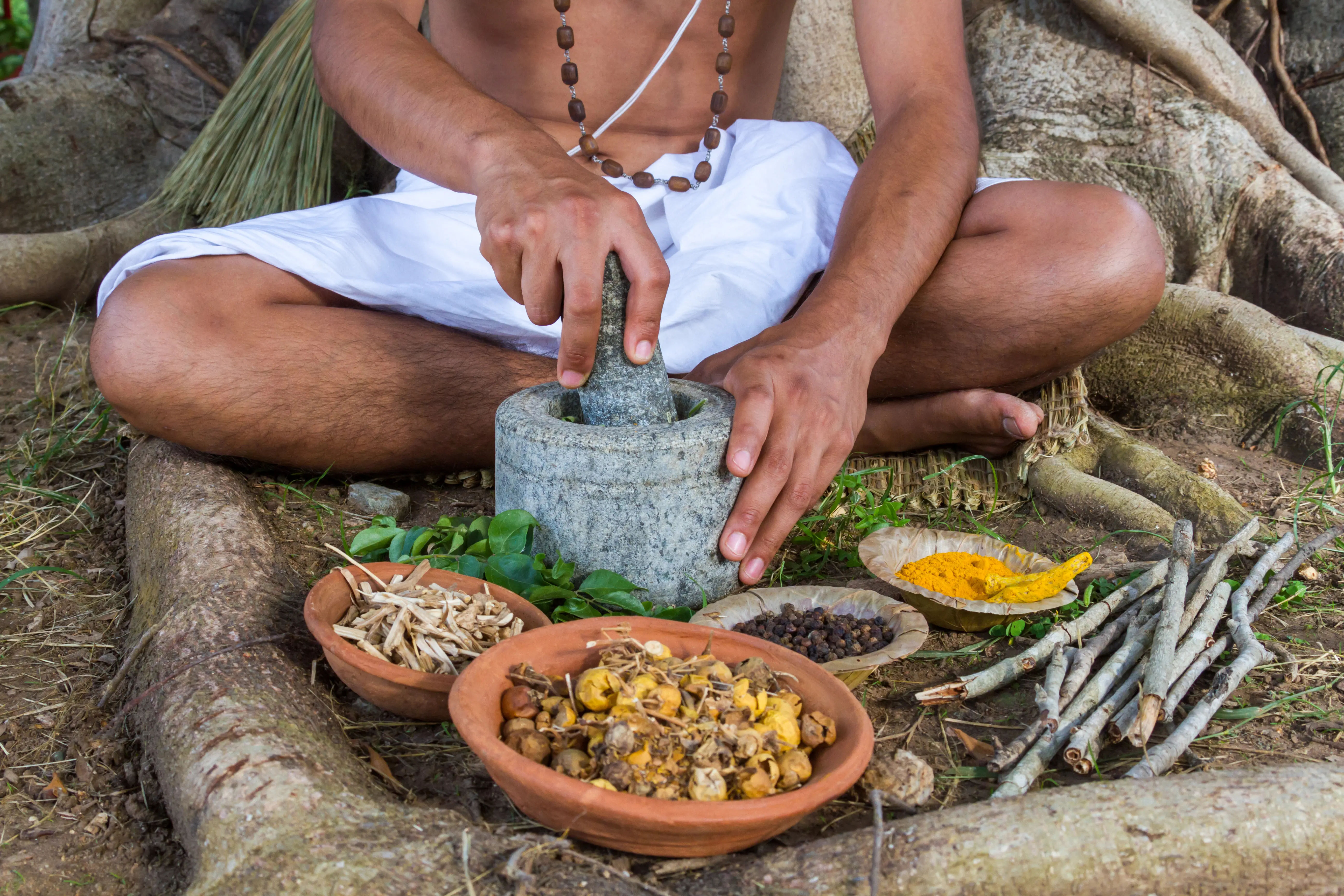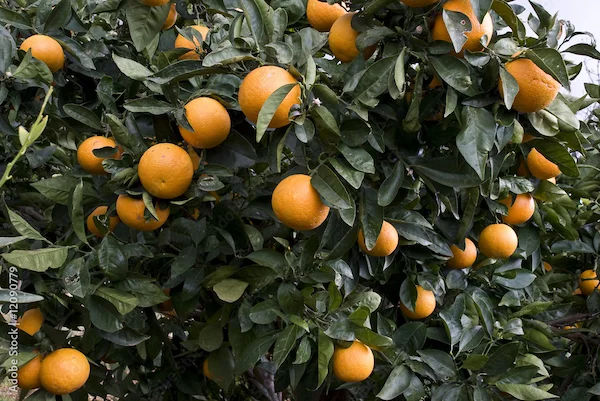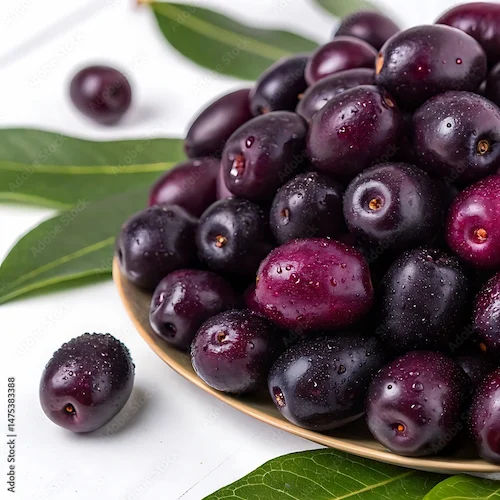Benefits of Kasoundi
Explore the powerful benefits of Kasoundi (Cassia occidentalis) for liver health, digestion, and respiratory wellness. Learn how this Ayurvedic herb aids detoxification, boosts immunity, and supports holistic healing.

Written by Dr. M L Ezhilarasan
Reviewed by Dr. Mohammed Kamran MBBS, FIDM
Last updated on 23rd Jul, 2025

Benefits of Kasoundi
Introduction
When it comes to Indian cuisine, pickles and chutneys add a burst of flavour to our meals. One such delicious and nutritious condiment is Kasoundi, a tangy, spicy, and slightly sweet relish made from mustard, spices, and sometimes mango or other ingredients. But did you know that Kasoundi isn’t just tasty? It also offers several health benefits. In this article, we’ll explore the benefits of Kasoundi, how it can support your health, and some easy ways to include it in your diet.
What is Kasoundi?
Kasoundi is a traditional North Indian condiment, similar to a pickle or chutney, made primarily from mustard seeds, spices, oil, and sometimes raw mangoes or other vegetables. It has a sharp, pungent taste and is often enjoyed with parathas, rice, or snacks. Unlike commercial pickles loaded with preservatives, homemade Kasoundi can be a healthier option when consumed in moderation.
Health Benefits of Kasoundi
Some of the health benefits of Kasoundi:
1. Aids Digestion
Kasoundi contains mustard seeds, which are rich in fibre and help stimulate digestive enzymes. This can improve digestion, reduce bloating, and prevent constipation. The spices in Kasoundi, like fenugreek and asafoetida (hing), also support gut health.
2. Boosts Immunity
Mustard seeds and spices used in Kasoundi, such as turmeric and black pepper, have anti-inflammatory and antibacterial properties. These ingredients help strengthen the immune system and protect against infections.
3. Rich in Antioxidants
Many ingredients in Kasoundi, like mustard seeds, turmeric, and garlic, are packed with antioxidants. These compounds help fight free radicals in the body, reducing oxidative stress and lowering the risk of chronic diseases.
4. Supports Heart Health
Mustard oil, often used in Kasoundi, contains omega-3 and omega-6 fatty acids, which are good for heart health. These healthy fats help reduce bad cholesterol (LDL) and improve blood circulation.
5. May Help with Weight Management
The spices in Kasoundi, such as mustard seeds and fenugreek, can help boost metabolism. A faster metabolism aids in burning calories more efficiently, which may support weight loss when combined with a balanced diet.
6. Enhances Nutrient Absorption
Spices like black pepper and turmeric in Kasoundi help improve the absorption of nutrients from food. For example, black pepper enhances the bioavailability of curcumin (from turmeric), making it more effective in reducing inflammation.
Consult Top Specialists for Personalised Usage Tips
How to Include Kasoundi in Your Diet?
Kasoundi is versatile and can be enjoyed in many ways:
- As a spread on toast or roti
- Mixed with rice or dal for extra flavor
- Paired with parathas or stuffed breads
- Used as a dip for snacks like samosas or pakoras
However, since Kasoundi is high in oil and salt, moderation is key. If you have high blood pressure or digestive issues, consult your doctor before adding it to your diet regularly.
Who Should Avoid Kasoundi?
While Kasoundi has many benefits, some people should consume it cautiously or avoid it:
- People with high blood pressure (due to high salt content)
- Those with acid reflux or gastritis (spices may trigger acidity)
- Individuals with mustard allergies
If you have any underlying health conditions, it’s best to check with a doctor before making Kasoundi a regular part of your diet.
Homemade Kasoundi Recipe (Healthy Version)
If you want to enjoy Kasoundi without excess oil or preservatives, try this simple homemade recipe:
Ingredients:
- ½ cup mustard seeds (coarsely ground)
- 1 raw mango (grated, optional)
- 2 tbsp mustard oil
- 1 tsp turmeric powder
- 1 tsp red chili powder
- ½ tsp asafoetida (hing)
- ½ tsp fenugreek seeds (methi)
Salt to taste
Method:
1. Dry roast mustard and fenugreek seeds lightly.
2. Grind them into a coarse powder.
3. Mix with grated mango (if using), turmeric, chilli powder, hing, and salt.
4. Heat mustard oil slightly and pour it over the mixture.
5. Store in an airtight jar and refrigerate.
This version is lower in oil and preservatives, making it a healthier choice!
Conclusion
Kasoundi is more than just a tasty condiment. It’s packed with nutrients that can support digestion, immunity, and heart health. However, since it is high in salt and spices, it should be consumed in moderation. If you have any digestive concerns or dietary restrictions, it’s always best to consult a doctor before making changes to your diet.
Consult Top Dieticians
Consult Top Dieticians

Ms. Shruthi Bhargavi
Dietician
9 Years • Msc (Nutrition and Dietetics)
Hyderabad
Apollo 24|7 Clinic - Telangana, Hyderabad

Ms. Anupriya
Dietician
7 Years • B.Sc(Clinical Nutrition & Dietetics),M.Sc(Clinical Nutrition & Dietetics),Certified Diabetes Educator, Certificate course in Renal Nutrition.
Lucknow
Delight Sun Hospital, Lucknow

Ms. Poushali Ghosh
Dietician
9 Years • Msc in Applied Nutrition
Barasat
Diab-Eat-Ease, Barasat

Ms Suchanda Guha
Dietician
10 Years • M.Sc (Applied Nutrition), B.Sc (Food & Nutrition), Diploma (Yogic Nutrition)
Kolkata
NutriKutir, Kolkata
Ms Malabika Datta
Dietician
19 Years • Bsc (Clinical Nutrition & Dietetics), Msc (Dietetics & Food Service Management)
Kolkata
Malabika’s Diet Clinic, Kolkata
Consult Top Specialists for Personalised Usage Tips

Ms. Shruthi Bhargavi
Dietician
9 Years • Msc (Nutrition and Dietetics)
Hyderabad
Apollo 24|7 Clinic - Telangana, Hyderabad

Ms. Anupriya
Dietician
7 Years • B.Sc(Clinical Nutrition & Dietetics),M.Sc(Clinical Nutrition & Dietetics),Certified Diabetes Educator, Certificate course in Renal Nutrition.
Lucknow
Delight Sun Hospital, Lucknow

Ms. Poushali Ghosh
Dietician
9 Years • Msc in Applied Nutrition
Barasat
Diab-Eat-Ease, Barasat

Ms Suchanda Guha
Dietician
10 Years • M.Sc (Applied Nutrition), B.Sc (Food & Nutrition), Diploma (Yogic Nutrition)
Kolkata
NutriKutir, Kolkata
Ms Malabika Datta
Dietician
19 Years • Bsc (Clinical Nutrition & Dietetics), Msc (Dietetics & Food Service Management)
Kolkata
Malabika’s Diet Clinic, Kolkata




